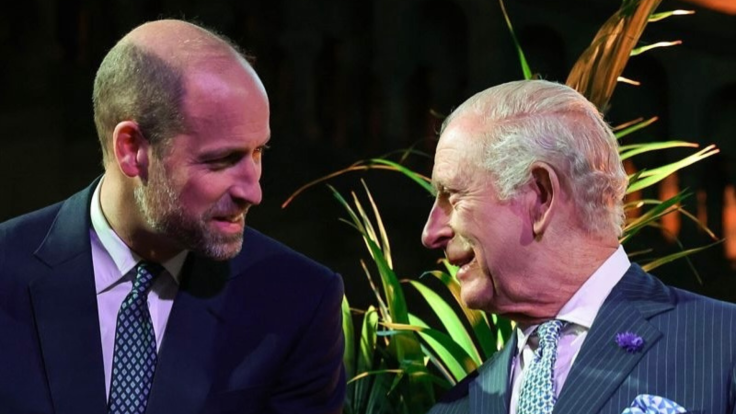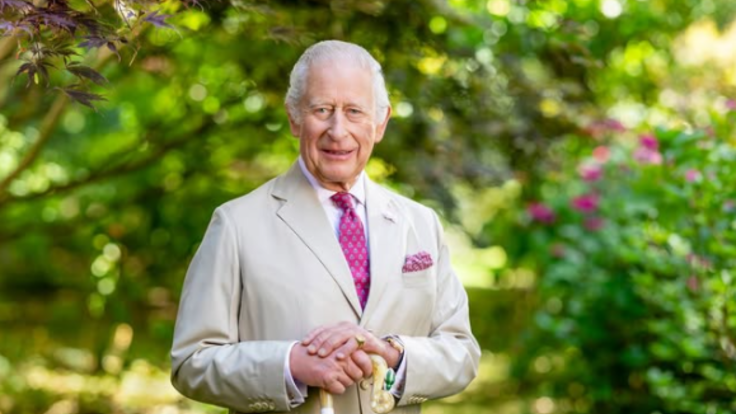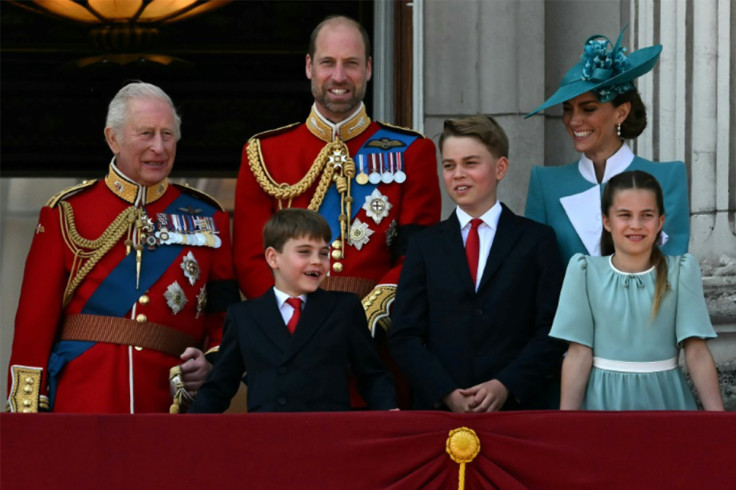'He's Cut Him Off': King Charles And Prince William 'Not Speaking' Amid Explosive Claims About Royal Upbringing
Prince William's Windsor Castle interview with Eugene Levy has stirred debate over royal reform

A fresh rift has reportedly opened between King Charles and Prince William after William's wide-ranging interview for Apple TV+, an episode that, according to royal insiders, has left the sovereign 'not speaking' to his heir.
Prince William's unusually candid sit-down with comedian and presenter Eugene Levy, filmed at Windsor Castle and released as part of season three of The Reluctant Traveler on 3 October 2025, saw the future king reflect on his childhood, his parents' divorce and his determination to raise his own children differently.
The interview, intended as a personal tour and informal conversation, has nonetheless been read by some aides and commentators as a statement of intent about the monarchy's future and a critique of the emotional legacy left by the previous generation.
Royal Source Material: The Interview Itself
The primary record is the Apple TV+ episode in which Prince William guides Levy through parts of Windsor Castle, speaks about family routines, and acknowledges how his parents' separation shaped him.
The episode is available on Apple's platform and promoted in official press materials; Apple's own description confirms William's participation and frames the encounter as unexpectedly intimate for a senior royal.
In the episode, William explicitly says he is committed to providing a calmer, more stable home for Prince George, Princess Charlotte and Prince Louis, language that has been widely reported but originates in his words during the interview. Journalists covering the show noted how these remarks, about not 'setting up' his children for a 'hard time', resonated beyond light travel television because they touch on the very future of the institution William will inherit.
What Insiders Say: Fracture or Fuss?
Following the broadcast, several tabloid-style outlets and unnamed 'insiders' claimed the King felt affronted and had withdrawn from direct contact with his son. Those accounts say Charles viewed William's reflections as a public airing of private grievances, a breach of the royal habit of restraint.

However, such claims must be treated with caution: they come largely from second-hand reporting and unnamed sources rather than from an official statement from Buckingham Palace. The palace has not released a formal response indicating a breakdown in communications between the monarch and his heir.
Eugene Levy himself has stressed the unscripted, conversational nature of the meeting, telling press that he did not expect the interview to assume the weight of constitutional commentary. That context is important: a friendly exchange filmed for a travel series is not, in ordinary circumstances, the venue for institutional directives, yet when a future head of state speaks candidly about family and reform, every sentence is politically freighted.
The Monarchy's Messaging Challenge
The public reaction underlines a persistent dilemma for modern monarchies: personal revelations by working royals can humanise them but also recalibrate expectations of leadership. William's remarks, about protecting his children, reshaping the monarchy and responding to a 'hard' family past, have been interpreted as signalling planned change when he becomes King. That dual effect explains why aides and commentators are parsing both tone and intent.
Media commentators argue that the episode performs two functions simultaneously: it burnishes William's image as a hands-on, emotionally literate father, while signalling to the public that reform is on the agenda.

For critics, however, the timing and forum are problematic: change framed as personal preference rather than strategic policy can create confusion among palace staff, political actors and the public about the monarchy's future direction.
William's interview will almost certainly reappear in the debate about modernisation versus tradition within the monarchy. For observers, the story is as much about institutional communication strategy as it is about family dynamics: the monarchy's ability to adapt will depend not just on what successors intend, but on how they choose to say it.
A royal interview can humanise a future monarch, but as this episode shows, candidness that resonates with the public may also create ripples inside the palace.
© Copyright IBTimes 2025. All rights reserved.


















